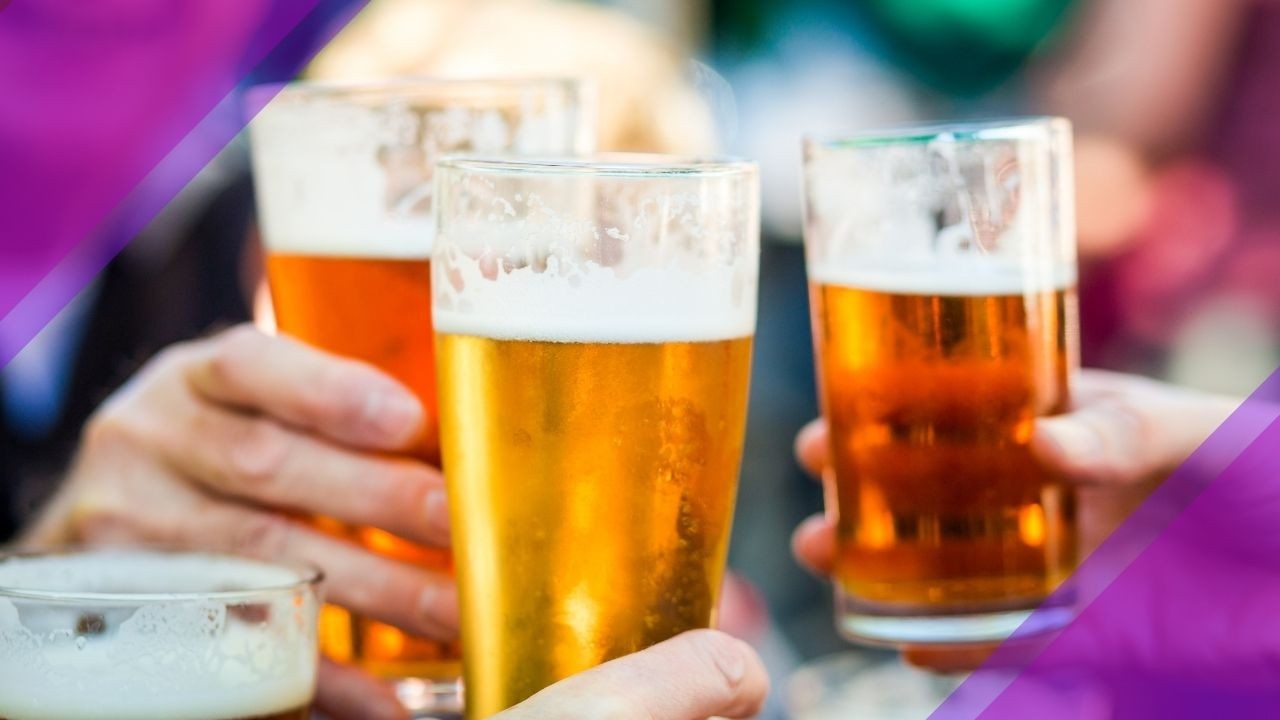
Do Alcohol and Menopause Mix?
Jul 06, 2022Alcohol has lost its health halo. But you don't have to panic if you have the occasional drink. Here's a breakdown of the latest research.
By Selene Yeager
If you’ve paid any attention to alcohol research for any length of time, you, like me, have developed a case of results whiplash. For decades we’ve heard that moderate drinking — a drink a day for women; two for men — can reduce the risk of heart disease and lower mortality. My Nana happily raised a glass of Riunite or a Sloe Gin Fizz every night to this.
Recent research has called that into question, with a study published in the Annals of Internal Medicine finding that just one glass of beer, wine, or other booze increases the risk of experiencing an episode of atrial fibrillation (AFib, or irregular heartbeat) within the next four hours. Two or more drinks in one sitting raised the risk threefold.
Alcohol is also known to increase cancer risk, with even a single drink a day elevating the risk of breast, esophageal or oral cancer, according to the National Cancer Institute. Moderate alcohol use has a relative risk factor of 1.26 (that’s about the same relative risk as menopausal hormone therapy, which Dr. Avrum Bluming did a great job putting into perspective in episode 41 of Hit Play Not Pause. It’s also important to put that in the context of your absolute risk, which Komen.org does a great job of here). Also, though it's not a free pass to drink lots, being active does help here. The most recent federal report on alcohol intake and health notes that alcohol has less of an impact on people who exercise regularly, eat a healthy diet, and don't smoke. Scientific American has an excellent breakdown of this topic if you're interested in a deeper dive.
Heavy drinking is harmful to bone health and is associated with a higher risk of osteoporotic hip fracture. However, a 2022 meta-analysis reports that light to moderate drinking was associated with a higher bone mineral density compared to non-drinkers.
Moderate drinking also appears to increase insulin sensitivity, reduce fasting insulin levels in the blood, and lower women's risks of type 2 diabetes, while heavier drinking may increase diabetes risk, according to a review published in Menopause.

When it comes to menopause specifically, research finds that alcohol, particularly red wine, can increase your risk of having hot flashes and night sweats. Though unsurprisingly, that research is mixed, too. And it's well established that drinking too much and/or close to bedtime can disrupt sleep, which is the last thing many menopausal women need.
It should go without saying, but we'll say it, excessive alcohol use is very bad for your body and brain. Alcohol also can be addictive, and alcohol use disorder and excessive drinking can be more damaging to women than to men. So we never encourage people to start drinking at any time of life. Some women in our community report that cutting out or stopping drinking helps lower their anxiety during this time, so that is worth exploring if anxiety is an issue for you.
Get Feisty 40+ in Your Inbox
We hate SPAM. We will never sell your information, for any reason or send you emails that suck!


